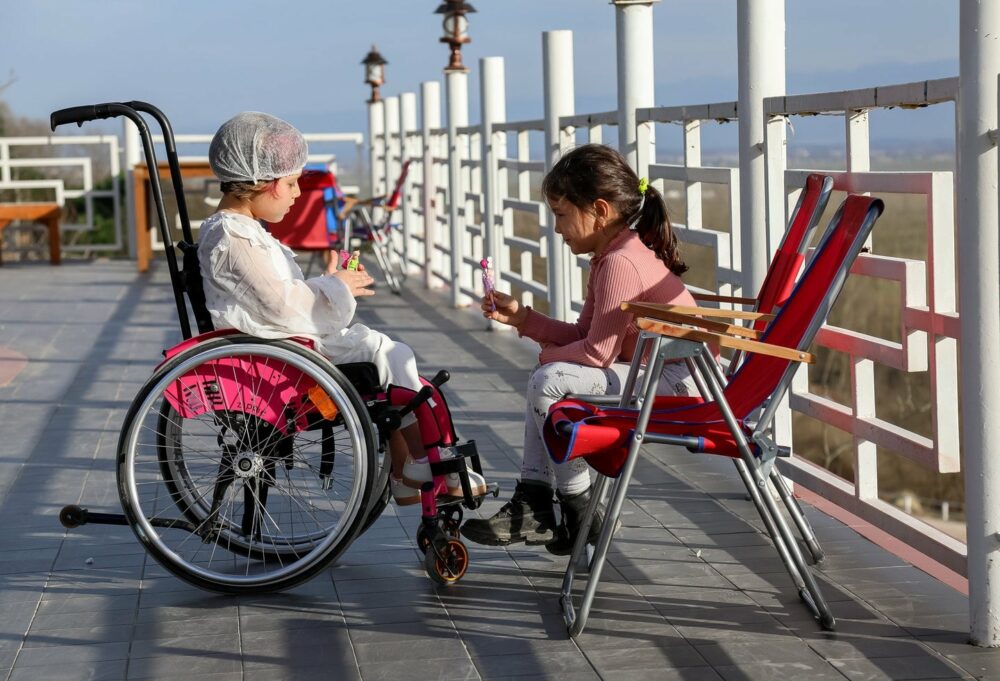Developmental disabilities are on the rise in the United States. 1 in 6 children between the ages of 3-17 now has a developmental disability of some kind, AAP News reports. ADHD, cerebral palsy, autism, hearing loss, and Down syndrome are some of the most prevalent conditions. Although it comes with a host of unique challenges, raising a child with a disability is a hugely rewarding journey for parents.

By knowing all you can about your child’s condition and being prepared to give them the best support possible, you can help ensure you raise a happy and successful child.
Get informed.
By spending time researching your child’s disability, you’ll be better prepared to provide them with the dedicated care and support they need at every stage of their development. It’s important to have a good understanding of all aspects of your child’s disability, including expected symptoms and behaviors, along with potential complications. For example, it can be important for parents to know the difference between hypoxia vs anoxia: birthing complications that can lead a child to develop cerebral palsy (which usually isn’t diagnosed until 18 months to two years old). Anoxia is the most dangerous form of hypoxia and involves the child’s body (either in part or wholly) lacking oxygen completely. If hypoxia or anoxia occurred at birth, it’s important parents look out for signs of cerebral palsy (such as, difficulty waking, speech issues, and hearing loss) in their child and discuss any concerns as soon as possible with their child’s doctor.
Embrace your child’s unique development.
Although development is different for each child, developmental milestones are used to gauge how they’re generally progressing. Parents of children with disabilities, however, will typically find their child reaches social, emotional, communication, cognitive, and physical milestones at different rates to their peers. While continually working with your child’s healthcare professional, it’s important to focus on encouraging your child along their unique developmental path. If any problems are noted, they can therefore be addressed early on to help ensure a successful outcome for your child.
Raise an independent child.
Although seven out of ten adults with disabilities currently live with their parents or guardian, independent living may be possible for your adult child in the future. Even those with more severe conditions are in some instances able to work, marry, and have children. So, by working to foster independence in your child from a young age, you may be able to increase their likelihood of living independently as an adult. For example, give your child household chores once they’re old enough (like putting their toys away or making their own lunch, for example) to get them used to having responsibilities.
Raising a child with a disability is a rewarding journey. By getting informed about your child’s disability, supporting their unique development, and working to raise an independent child, you can provide your child with the care and support they need to thrive.